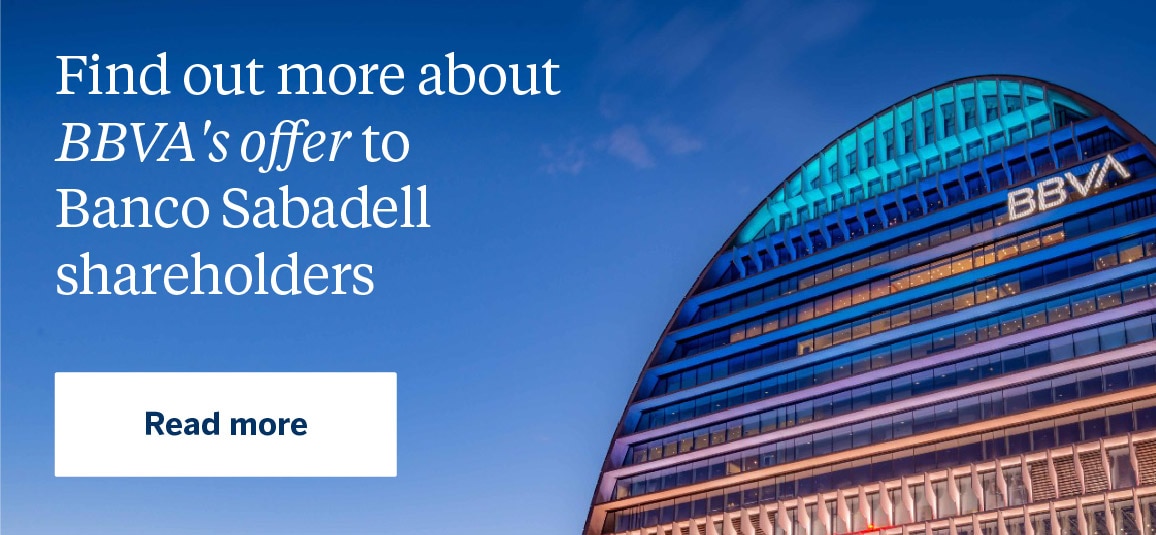What is a takeover bid?
A takeover bid happens when an investor or a group of investors offers to buy shares from all the shareholders of a listed company. They usually offer a specific price for these shares or other securities that give them an ownership stake in the company.

Given this definition, we can see that a few key things are always part of a takeover bid:
- First, an investor or group of investors becomes interested in a company. They aim to buy enough shares to control the company's management and business decisions. This investor is usually another company but can also be a private individual or a group of individuals.
- Secondly, a takeover bid targets a publicly traded company. This means the company’s shares are owned by many shareholders and can be bought and sold on the stock market.
- Thirdly, a takeover bid is a public offer made to all the company's shareholders. The offer is to buy their shares at a certain price, usually higher than the market price. This higher price iscalled a premium. The payment can be in cash, shares of the offering company, or a mix of both.

Bearing in mind these common characteristics, not all public offerings are the same:
- A takeover bid can be voluntary or mandatory. A voluntary bid is made simply because the bidder wants to. A mandatory bid is required by law, usually when the bidder already owns a certain percentage of shares (often over 30%) that gives them control of the company. Mandatory bids must be for all remaining shares and at a fair price, without any conditions. Voluntary bids don't have legal rules about the price or number of shares, and the bidder can set conditions.
- A takeover bid can aim to buy all of a company's outstanding shares or just a portion, depending on how much control the bidder wants over the company.
- There are also delisting takeover bids, which aim to remove the company from the stock market. When this happens, the company's shares lose their main benefit for investors: being easy to buy and sell on the market.
- Competing bids happen when a takeover bid is already in progress, and a second investor makes another bid before the first bid's acceptance period ends, usually offering a higher price.
- Finally, there are friendly and hostile takeover bids. A friendly takeover bid has the agreement of the target company's board of directors. A hostile takeover bid does not. However, this does not reflect the bid's intentions. Even without board agreement, the bidding company may aim to benefit the shareholders of both companies, who are the true owners.
